CEGE JuMP IN STEM PARTICIPANTS
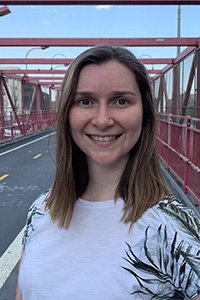
Svetlana Baranova
SVETLANA BARANOVA, instructor, mentor, and Ph.D. candidate advised by Sofia Mogilevskaya. Baranova’s research focuses on theoretical developments for modeling thin conductive and elastic layers. She, along with Sagar Tamang and Mohammad Charara, mentored Ellery Moore from St. Paul Central Senior High School on her project “Sports Data Analysis: Pattern Recognition.”
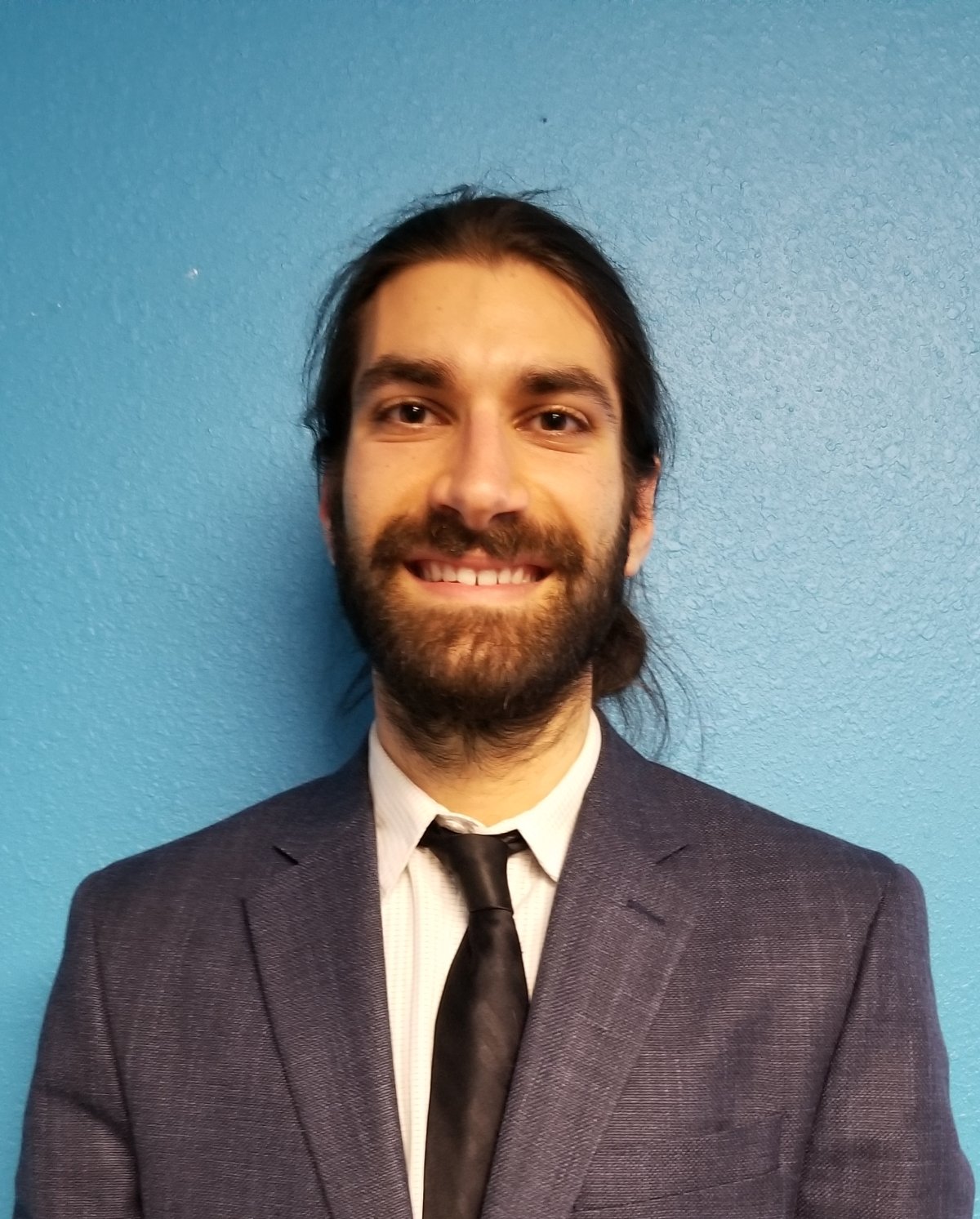
Mohammad Charara
MOHAMMAD CHARARA, mentor and Ph.D. student advised by Stefano Gonella. Mohammand’s research is in the area of topological metamaterials, which are engineered materials designed in unique and usually repeated patterns that exhibit properties not displayed by their individual constituents. He is modeling how waves interact with such materials. Charara also mentored Anna Heckel from St. Paul Central Senior High School on her project “Metamaterials: Breaking Symmetry in a Symmetric World.” “The JuMP students were extremely dedicated, and clearly passionate about testing and improving their skills. It was exciting to provide an opportunity and a platform for high school students to be exposed to the analytical tools we use on a daily basis, and to give them a chance to apply those tools via ongoing research.”
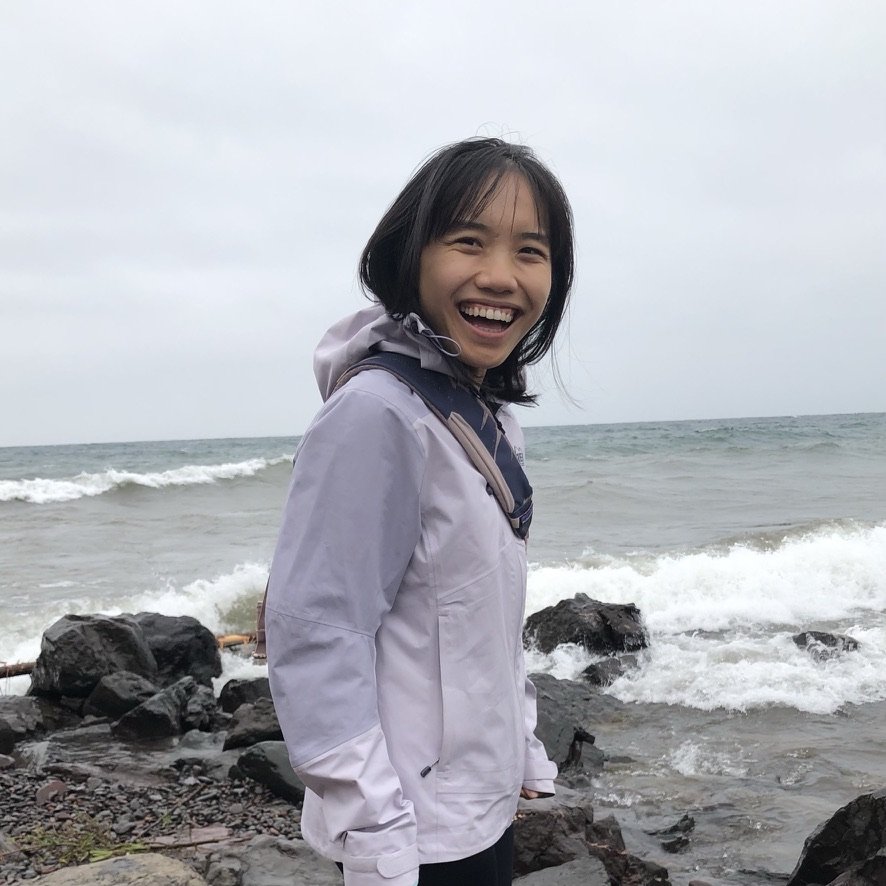
Xiating Chen
XIATING CHEN, mentor and Ph.D. student advised by Xue Feng. Chen is interested in how the underground stormwater drainage systems and aboveground urban vegetation transform urban watersheds, and what the complex interactions mean for water resources and land management in the bigger picture. Chen mentored Anna Maristela from Eden Prairie High School on her project, “How Green is too Green? - Modeling Harmful Algal Bloom in Future Climate Conditions.”
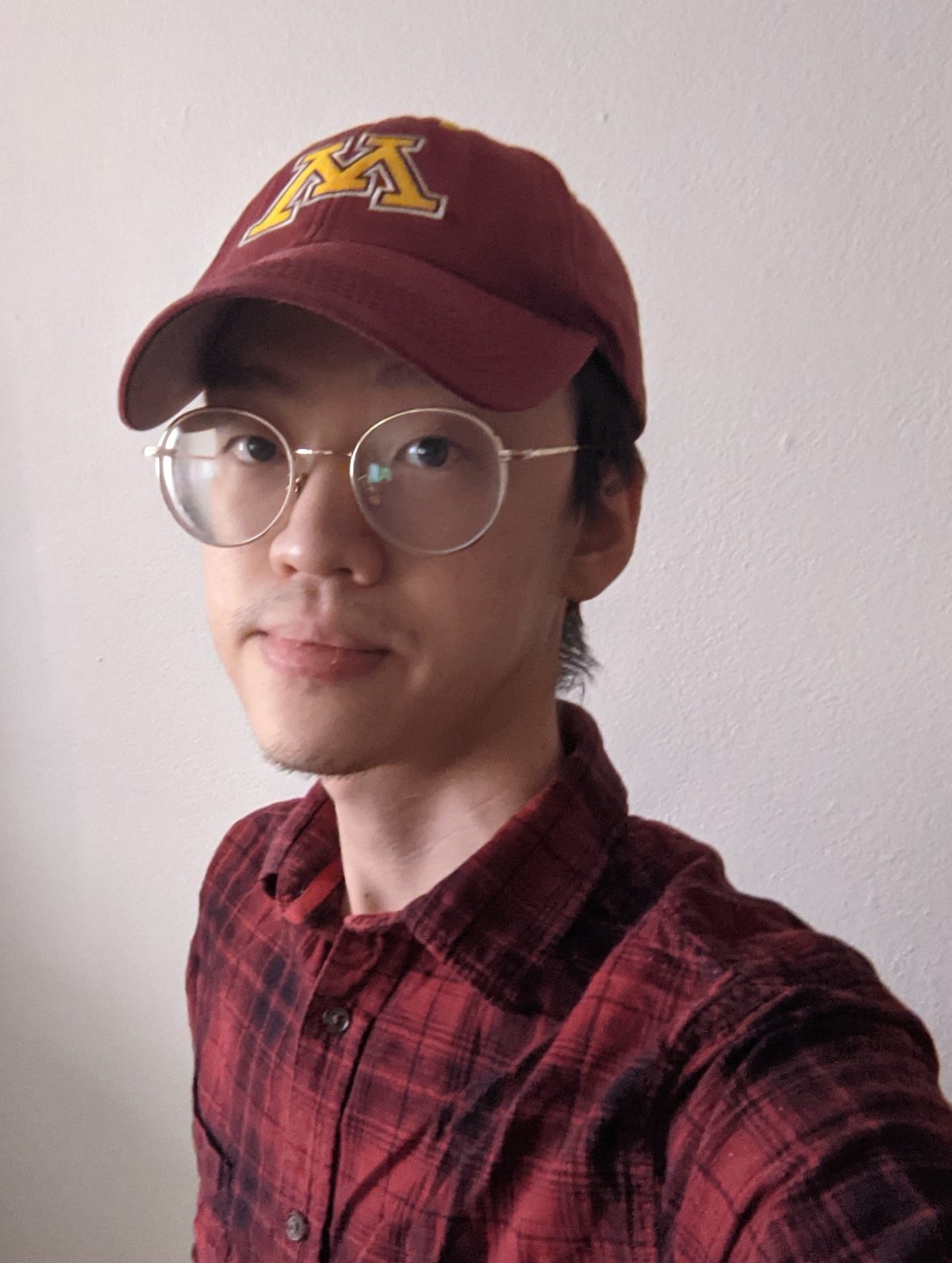
Christopher Cheong
CHRISTOPHER CHEONG, instructor and MS student advised by Gary Davis. Cheong’s research focuses on transient vehicle and tire dynamics simulation under low-speed and stopping conditions, with prospects towards application in vehicle crash reconstruction. “JuMP encourages growth and learning by providing accessibility to advanced STEM knowledge and tools through graduate student mentors, but in a curriculum tailored to high school students. We aim to encourage participation and improve equity.”
Daniel Kennedy
DANIEL KENNEDY, mentor and Ph.D. student advised by Bojan Guzina and Joseph Labuz. Kennedy is developing a new and innovative non-destructive field-testing technique for evaluating tower foundations. Kennedy mentored Ryan Son from St. Paul Central Senior High School on his project “Machine Learning: Handwritten Digits Recognition.” Kennedy instructed Son on the development, optimization, and practical applications of neural
networks. Together, they developed networks to recognize and classify handwritten digits.
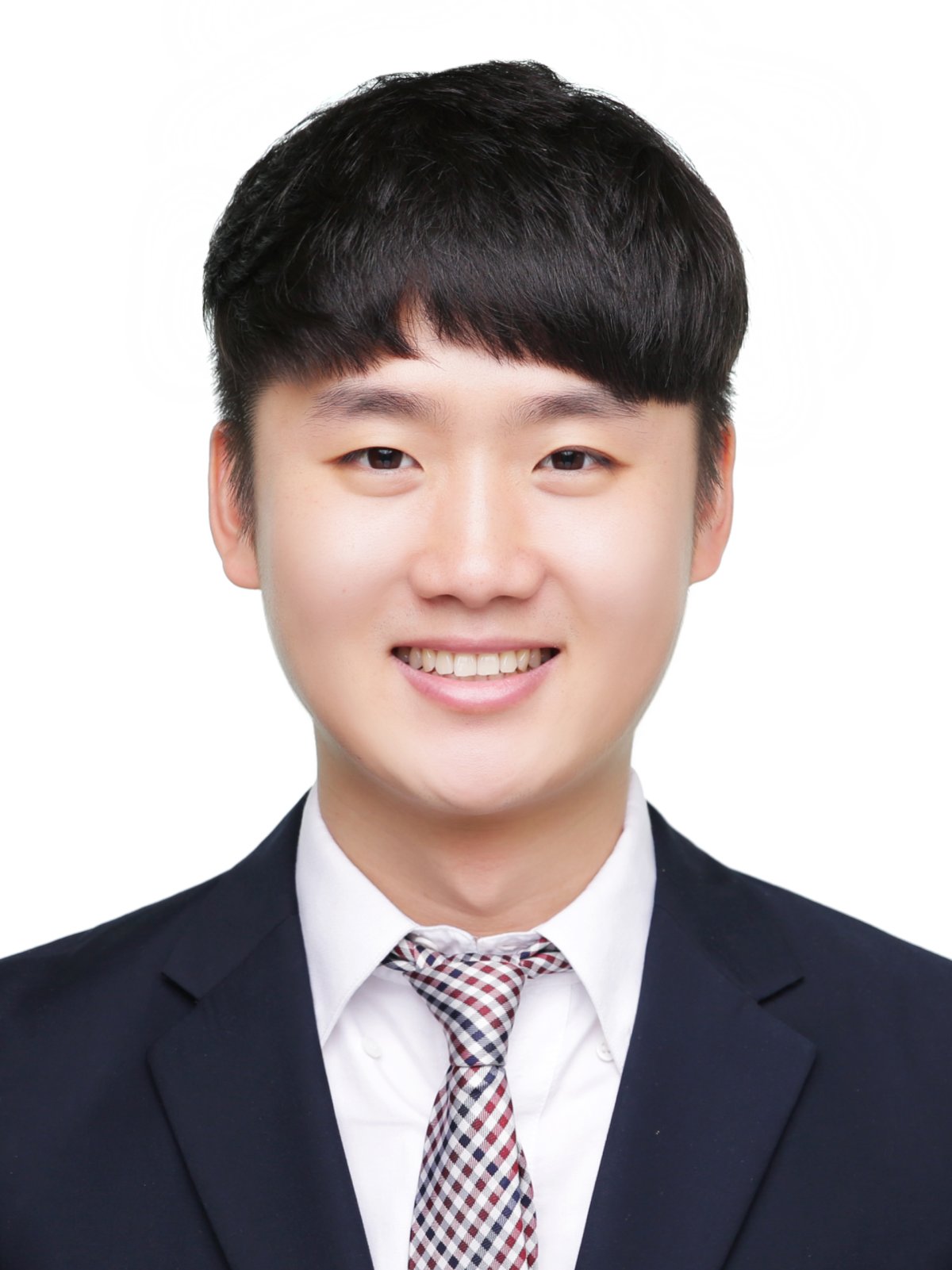
Jiyong Lee
JIYONG LEE, mentor and Ph.D. student advised by Michele Guala. Quantifying characteristics of riverbed evolution is crucial in understanding earth surface processes, predicting ancient fluvial environments, and managing natural rivers. Lee is investigating sand-wave dynamics and their relations to sediment budgets in rivers. Lee mentored Sreya Patri from Eden Prairie High School on her project, “Quantification of Characteristics of Sand Waves in Rivers.” Lee encourages others, “Work with future generations; you will be inspired by their brightness!”
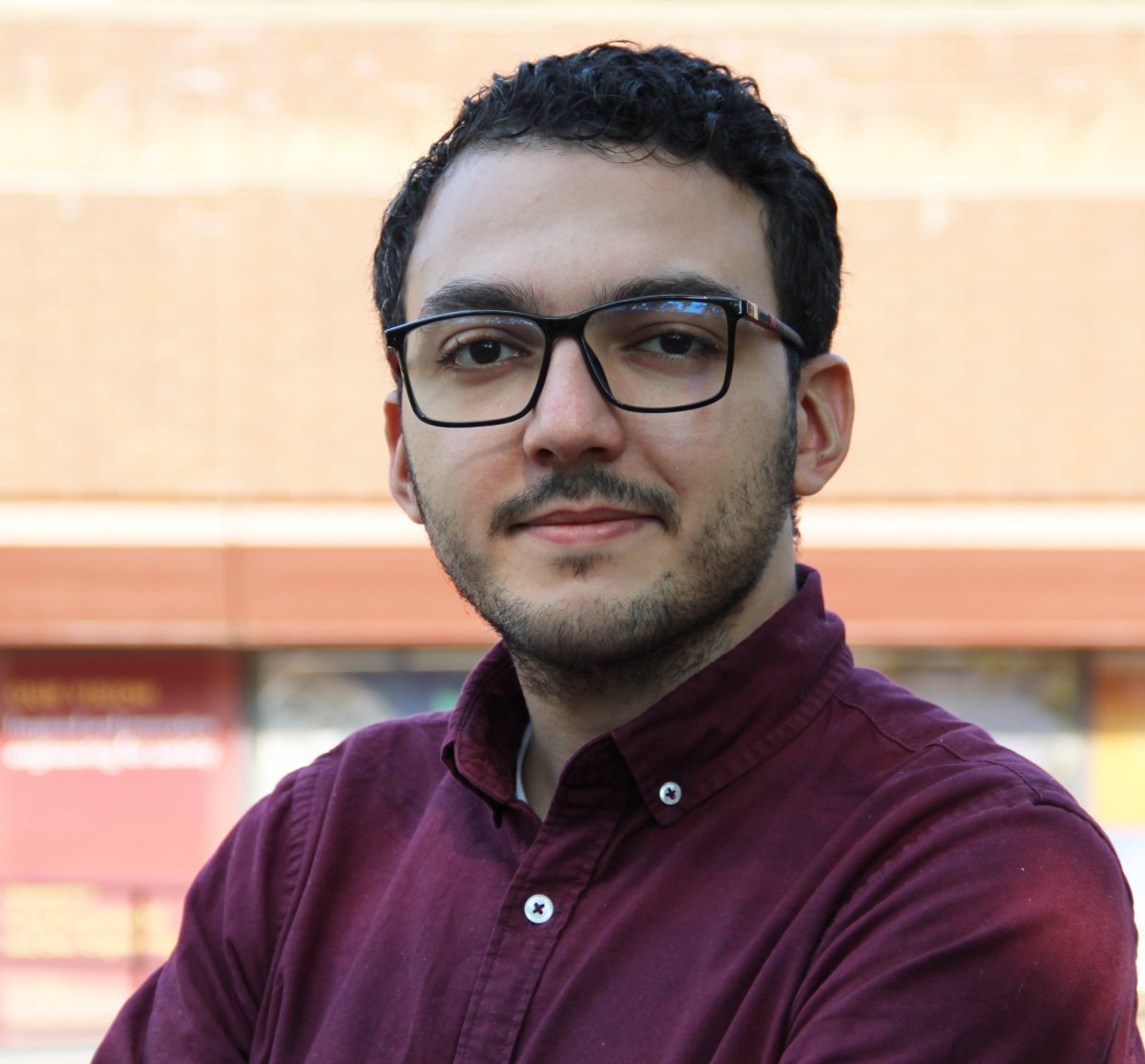
Othman Oudghiri-Idrissi
OTHMAN OUDGHIRI-IDRISSI, instructor and Ph.D. candidate advised by Bojan Guzina. Oudghiri-Idrissi is developing novel elastodynamic non-destructive evaluation techniques to identify and characterize spent nuclear fuel assemblies within sealed storage canisters before their transport to permanent storage. “As a project leader and instructor, I enjoyed designing the program structure and exploring funding opportunities for it. I found also that the interaction time in class is rewarding for both students and instructors. I am looking forward to the program’s evolution.
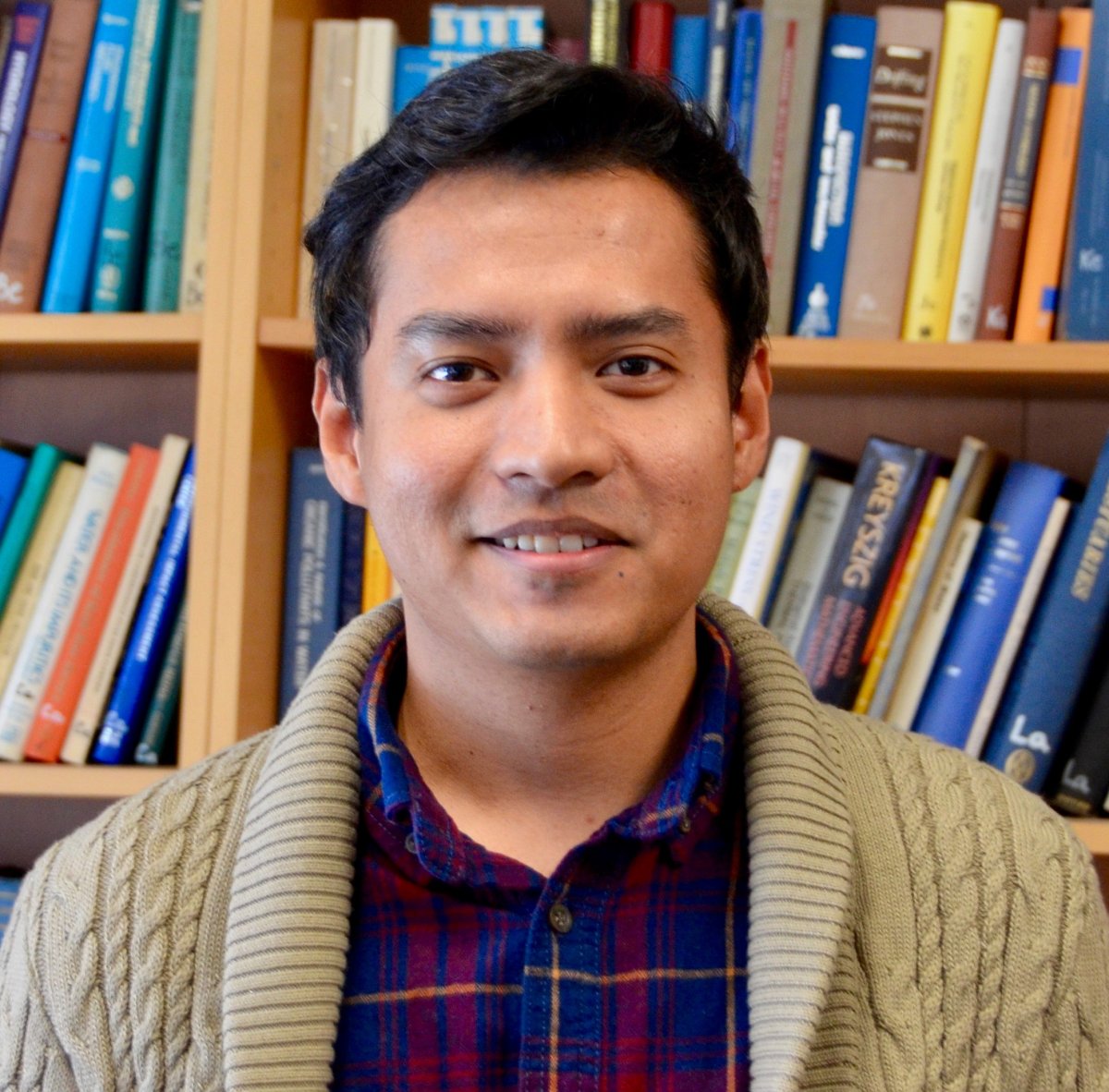
Sagar Tamang
SAGAR TAMANG, instructor, mentor, and Ph.D. candidate advised by Ardeshir Ebtehaj. Tamang is developing new weather models with the goal to improve prediction of catastrophic events. “JuMP has been a great experience. It’s a pleasure to see the potential of the students and realize how much they have achieved in such a short timeframe.”